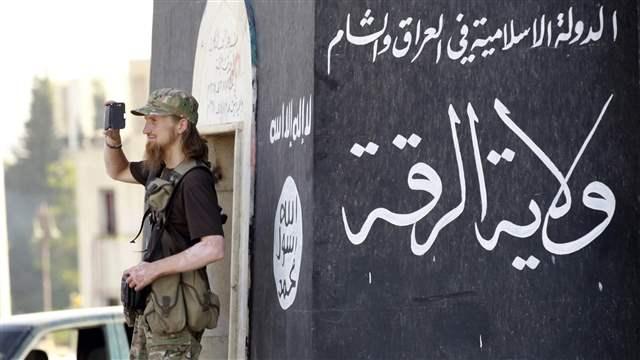Content from the Brookings Doha Center is now archived. In September 2021, after 14 years of impactful partnership, Brookings and the Brookings Doha Center announced that they were ending their affiliation. The Brookings Doha Center is now the Middle East Council on Global Affairs, a separate public policy institution based in Qatar.
Over the past several years, thousands of foreign fighters have traveled to Syria and Iraq on a scale unprecedented in modern history. While most foreign fighters remain engaged in combat, some have begun to return, posing a real, if sometimes exaggerated, security threat to home countries. In such situations, how should governments aim to respond? Are there policies that can defuse the security threats posed by returning fighters without alienating individuals and communities key to countering violent extremism?
Read “Returning foreign fighters: Criminalization or reintegration?“
Drawing on case studies from countries such as France, Denmark, and the United Kingdom, this Policy Briefing by Charles Lister points to the necessity of counter-terrorism measures, yet cautions against allowing these policies to translate into blanket criminalization of individuals or communities. On a basic level, policymakers will have to navigate between “hard” policies of criminal investigation and prosecution and more “liberal” policies that that aim to rehabilitate fighters and better reintegrate them into their home communities.
Lister concludes that countries should adopt a nuanced approach toward returning foreign fighters, relying on closer coordination between local authorities and community leaders, improved information sharing on the foreign-fighter phenomenon, and a better understanding of the dynamics of recruitment and radicalization.
The Brookings Institution is committed to quality, independence, and impact.
We are supported by a diverse array of funders. In line with our values and policies, each Brookings publication represents the sole views of its author(s).



